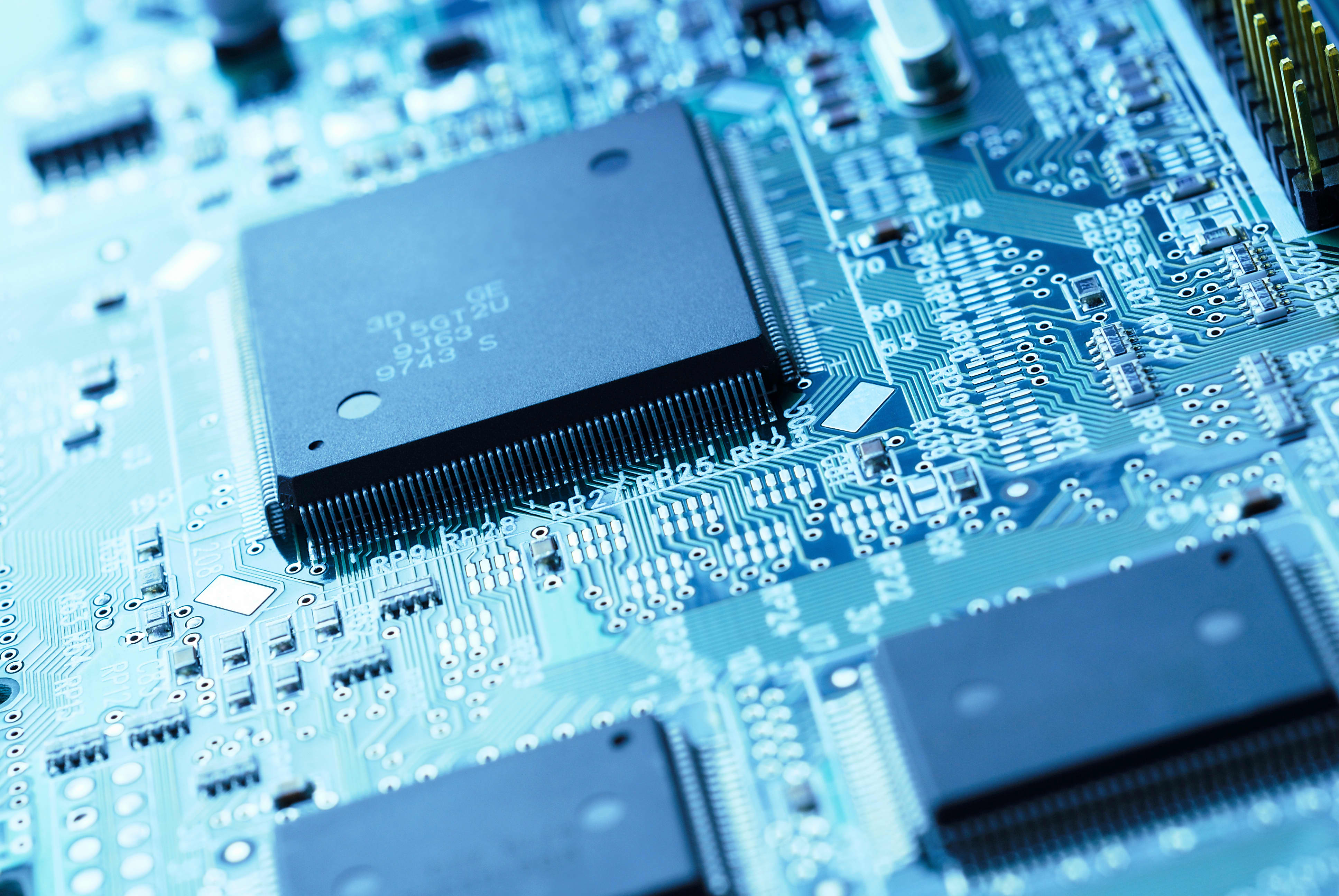Taiwan chips will stay competitive despite rising challenge from China, Taiwan minister says

Integrated circuits on a circuit board.
filonmar | E+ | Getty Images
Taiwan hopes to give China a run for its money — at least in the short run.
The island’s minister of economy told CNBC that Taiwan will remain competitive in the semiconductor space, even as China ramps up its chip ambitions.
Wang Mei-hua, head of the ministry of economic affairs, pointed to Taiwan Semiconductor Manufacturing Company, and said the world’s largest contract chip maker is “globally competitive in foundry manufacturing due to their technical breakthroughs.”
“Taiwan will continue developing our semiconductor industry. In the short term, I think we will remain competitive,” she told CNBC’s Emily Tan on Wednesday.
Asked if China’s push to develop its semiconductor industry raises concerns for Taiwan, she pointed out that Taiwan’s chipmaking sector has been developed over several decades and is strong.
“We have a very efficient manufacturing base,” she said, according to a translation of her comments in Mandarin.
Global semiconductor shortage
Wang also said Taiwanese companies are doing their best to fulfill orders for auto chips amid a global shortage.
Covid-19 lockdowns last year created a surge in demand for consumer electronics, which triggered a shortfall in the semiconductor sector. As a result, some carmakers have been forced to cut or slow production.
Our chip manufacturers are already producing at full capacity… by supplying more auto chips, it doesn’t just help the global car industry, but also the global economic recovery.
Wang Mei-hua
Taiwan’s head of the ministry of economic affairs
Demand for auto chips fell in April 2020, but picked up steam in August and September, Wang said.
“It’s not easy to make chips. It doesn’t come out the next day after you place an order,” she explained. “When the orders for auto chips were cut, other information and communications technology orders came in and took up the capacity.”
“Our chip manufacturers are already producing at full capacity,” she said. “But we have had discussions with them, they are aware that by supplying more auto chips, it doesn’t just help the global car industry, but also the global economic recovery.”
Taiwan and its chip suppliers have also met with the U.S. for discussions. “I think Taiwan is very willing to be a friendly supply chain partner in the semiconductor space,” she added.
Upbeat about Taiwan’s economy
Wang was optimistic about the outlook for Taiwan’s exports, which benefited from growing demand for laptops due to lockdowns and work-from-home arrangements.
“From last August till January this year, our exports have increased dramatically for six consecutive months. This has never happened before,” said Wang.
Reuters reported that Taiwan’s exports shot up in January by nearly 37% year-on-year to hit $34.27 billion, the highest monthly figure on record.
“So far, our exports have been doing great — not just in our high technology, but also in many other sectors including textile petrochemicals, machineries,” she said. “Global inventories have been dropping and the economy is recovering, even our shipbuilding business are growing at double-digits. This is where we are right now.”
— CNBC’s Arjun Kharpal and Michael Wayland contributed to this report.
